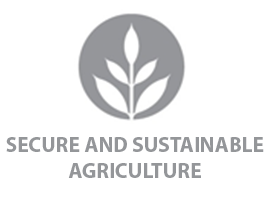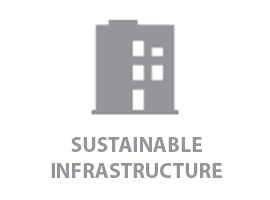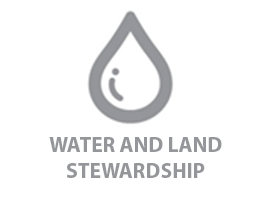2020 iSEE-Funded Research Projects
Supporting interdisciplinary research and collaboration
Research Menu
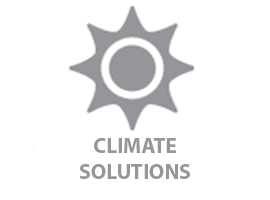 Current
Current
Funded
iSEE Work
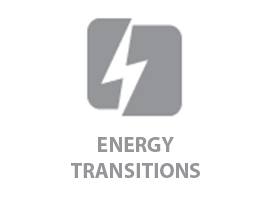 Current
Current
Funded
iSEE Work
Current
Funded
iSEE Work
Current
Funded
iSEE Work
Current
Funded
iSEE Work
Since its first year in 2013-14, iSEE has seed-funded interdisciplinary research projects on topics related to sustainability, energy, and environment to promote new research collaborations or enhance existing collaborations among faculty across campus that will improve their potential for attracting external support.
The goal of this funding is to enable faculty to develop exploratory research ideas that involve multiple disciplines and departments in any of the five thematic areas of interest
to iSEE (Climate Solutions, Energy Transitions, Secure & Sustainable Agriculture; Sustainable Infrastructure, and Water & Land Stewardship); collect preliminary data or other information to develop a research project; and prepare and submit research proposals for external funding.
iSEE’s 2020 projects were chosen because of their innovation, commitment to collaboration, and initiative to tackle real issues.
Current Projects

Renewable Energy and the Challenges of Land Use in Southeast Asia: A Comparative Analysis
The Association of Southeast Asian Nations aims to quadruple the region’s installed renewable energy (RE) capacity by 2025. Southeast Asia has abundant RE resources — including solar, wind, and geothermal — yet difficulties in acquiring land pose significant barriers to large-scale project development.
Click here to learn more
National governments are attempting to implement policies in favor of “green growth” by decreasing land acquisition costs and making existing policies more conducive to RE. While these efforts may limit future greenhouse gas emissions, the broader social and environmental impacts of these dramatic land-use shifts are largely unexplored.
This 12-month comparative study of Indonesia, Vietnam, and the Philippines will analyze the social and environmental implications of large-scale RE development. The research team will combine on-site field visits with political, institutional, and geographical analyses to examine the processes through which land is acquired and transformed to facilitate RE projects, and the implications for land users located within and around project sites.
Results of this study will facilitate methods for socially and environmentally responsible RE development that takes into account the political and ecological context of a given region.
The Project Team
- Principal Investigator: Sean Kennedy, Assistant Professor of Urban & Regional Planning
- Matthew S. Winters, Associate Professor of Political Science
- Chunyuan Diao, Assistant Professor of Geography & Geographic Information Science
- Faizaan Qayyum, Ph.D. Candidate in Urban and Regional Planning
- Chishan Zhang, Ph.D. Candidate in Geography & Geographic Information Science
- Sarah Riadi, M.S. Candidate in Urban Planning

Land use change between 2017 and 2020 at the Likupang Solar Project in Sulawesi, Indonesia.
SUMMER 2022 UPDATE
Kennedy is leaving the University for a position with the California Strategic Growth Council, but a manuscript from team members is under review in the Journal of Planning Education and Research.
“The iSEE project has informed a new project with my colleague Ryan Stock at the University of Northern Michigan and my Ph.D. student Marwah Malik,” Kennedy said. “This work is examining the politics of renewable energy finance in Indonesia, and its implications for the management and distribution of climate-related risks. We hope to submit the manuscript to Geoforum for review over the summer.”
SUMMER 2021 UPDATE
Proposal: The team — including Kennedy; Winters; Diao; Tyler Harlan, Assistant Professor of Urban and Environmental Studies at Loyola Marymount University; and Ryan Stock, Assistant Professor of Earth, Environmental, and Geographic Science, Northern Michigan University — has developed a $1 million proposal to the U.S. Department of Defense’s Minerva Reserve Initiative.
Progress: Says Kennedy, “Over the past year, we conducted an in-depth exploratory analysis of the biophysical, institutional, and socio-economic dimensions of large-scale RE development in three of the region’s RE hotspots: Indonesia, Viet Nam, and the Philippines. We analyzed environmental impact assessments and project development documents to study and map six Asian Development Bank (ADB) funded RE projects across the three countries.”
The team linked secondary data with satellite imagery and publicly available local statistics to examine land-use changes in and around project areas. The remote sensing analysis supports existing findings that RE development results in significant displacement of agricultural activity, represented by the transition from cultivated land (red) to grassland (yellow) associated with the development of the Sengkol Solar Farm in Eastern Indonesia. The analysis produced unexpected findings. While the Likupang solar project in Indonesia also resulted in a significant reduction in cultivated land (pictured), the project area experienced a 77% increase in forest cover (green) and a ten-fold increase in wetland area (light green).
“These findings suggest RE produces much more complex and variegated land-use transformations than previously assumed,” Kennedy said
Publications/presentations: One paper has been submitted, and a second article is under prep. Meantime, Kennedy will present “Generating Change: Multi-Scalar Dimensions of Land Acquisition for Renewable Energy and its Implications for Just Transitions in Southeast Asia” in September at the International Conference on Sustainable Development and in October at the Association of Collegiate Schools of Planning.
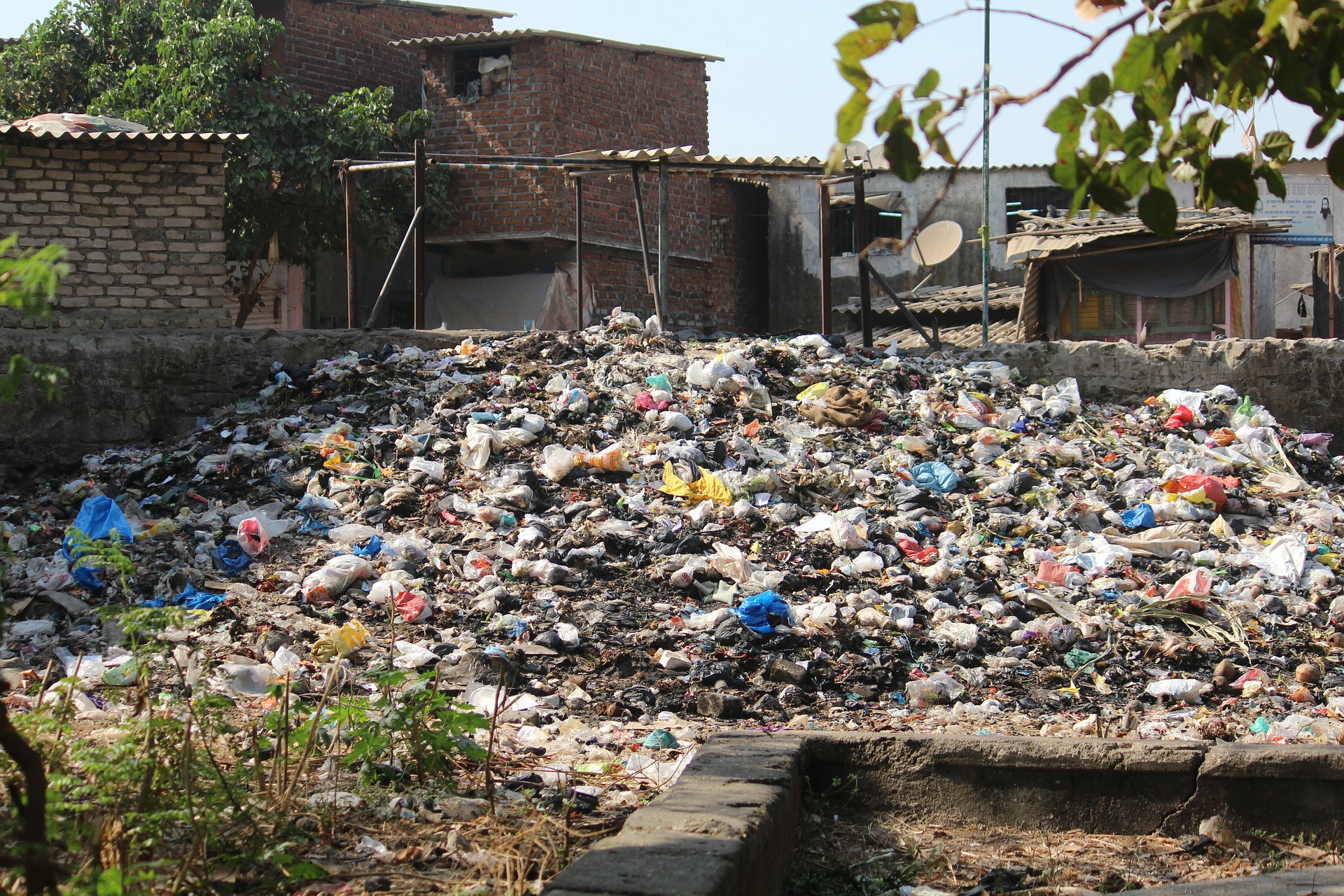
Trash to Treasure: Using Waste Incineration Ashes for Sustainable Infrastructure
The U.S. produces approximately 250 million tons of waste each year. The majority is landfilled, a smaller portion is recycled, and a still smaller volume is incinerated to generate electricity. This alternative to traditional waste management (“Waste-to-Energy”) is gaining traction, but remains less than sustainable.
Click here to learn more
The ash generated as a result of incineration can be dangerous to handle and expensive to dispose of. Often, the ash ends up in landfills.
Trash to Treasure proposes an innovative use for ash generated from waste incineration: architecture. The team hopes to replace traditional brick and cement composition with ash-based alternatives. This application could boost the end-to-end sustainability of WTE processes and reduce the volume of greenhouse gas (GHG) emissions produced via traditional cement production (currently 5%-8% globally), as well as those associated with landfills.
The researchers’ first step is determining the viability of ashes generated from municipal solid waste incineration (MSWI) in an infrastructural setting. To do this, a series of evaluations will be conducted to 1) identify the characteristics of ash samples from U.S. facilities; 2) determine reactivity and dissolution properties, which inform how well the ash will adopt cement-like qualities; and 3) verify that the ash is suitable for real-world brick and concrete.
The Project Team
- Nishant Garg, Assistant Professor of Civil and Environmental Engineering
- Brajendra K. Sharma, Senior Research Engineer at the Prairie Research Institute’s Illinois Sustainable Technology Center
PROJECT UPDATES
Summer 2021: In 2021, the U.S. Department of Energy’s Advanced Research Projects Agency-Energy (ARPA-E) awarded $1 million for Garg and his team to advance this project, now titled “Rapid AI-based Dissection of Ashes using Raman and XRF Spectroscopy (RADAR-X).” Read more 2021 updates and those from future years on the new project page >>>
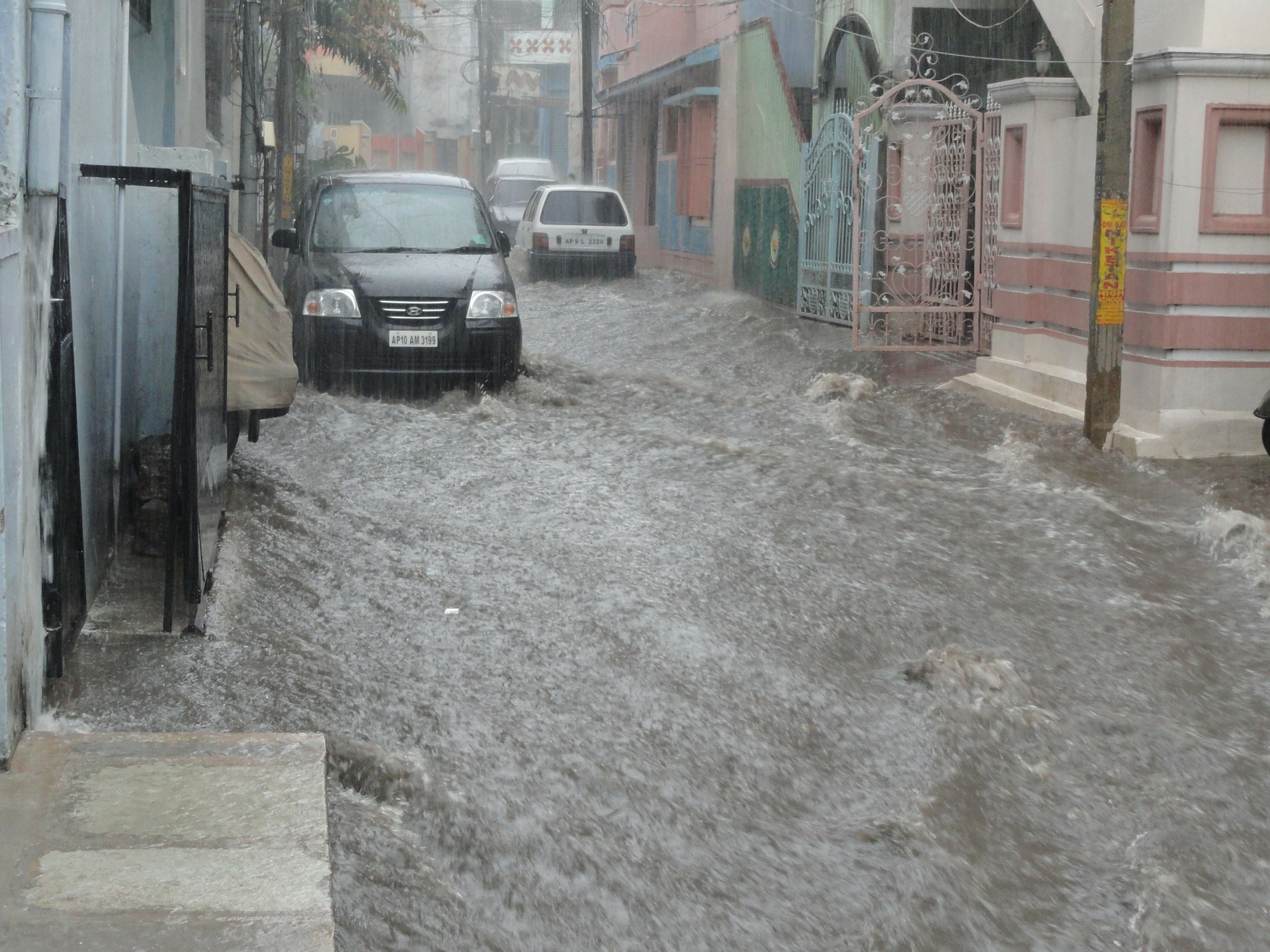
Building a Flood Preparedness Tool for the City of Chicago’s Most Vulnerable Communities
Flooding is a catastrophic and costly force in Chicago: From 2007 to 2014, the metro area suffered almost $2 billion worth of flood-related damage. Low-income communities are disproportionately at risk due to a combination of low elevation locations and restricted access to drainage infrastructure.
Click here to learn more
In an era of rising global temperatures, extreme precipitation events in the Great Lakes region are projected to exacerbate urban flooding, as well as the economic and health-related consequences experienced by vulnerable communities.
Through a two-pronged approach uniting researchers from the Departments of Climate, Meteorology & Atmospheric Sciences and Civil and Environmental Engineering, this project will produce a comprehensive process for not only predicting significant flood risk (through a combination of targeted weather forecasting and sophisticated street-to-sewer rainwater modeling), but determining how best to mitigate negative impacts in high-risk communities.
Results obtained from this study will be used to equip local water managers with the necessary tools to mitigate flood risk and ultimately bolster the resilience and preparedness of urban communities.
The Project Team
- Francina Dominguez, Associate Professor of Climate, Meteorology & Atmospheric Sciences
- Marcelo H. Garcia, Professor of Civil & Environmental Engineering
- Brian Jewett, Research Scientist in Climate, Meteorology & Atmospheric Sciences
- Andrew Waratuke, Research Engineer in Civil and Environmental Engineering
- Sun Young Park, Ph.D. Candidate in Civil & Environmental Engineering
- Catherine Strauss, M.S. Candidate in Climate, Meteorology & Atmospheric Sciences
- FORMER TEAM MEMBERS: Drew Williams-Clark, Managing Director of Urbana Resilience at Chicago’s Center for Neighborhood Technology; Michael Ragauskis, M.S. Candidate in Climate, Meteorology & Atmospheric Sciences
SUMMER 2022 UPDATE
The team submitted a pre-proposal, and will be part of a full submission in September, for a subaward from the University of Michigan’s five-year, $7.5M proposal to the U.S. Department of Defense Multidisciplinary Research Program of the University Research Initiative (MURI) program. Ragauskis finished his M.S. thesis titled “FLOOD PREPAREDNESS TOOL FOR CHICAGO: WRF DOWNSCALING TO IMPROVE RAINFALL FORECASTS AND FLOOD MITIGATION.”

Flooding at O’Hare International Airport in September 2008. Credit: weather.gov
SUMMER 2021 UPDATE
“During the past year we have been dedicated to the simulations of an extreme precipitation event that affected the Chicago metropolitan area in September 2008,” Dominguez said. The simulations were performed by the ATMS team of Ragauskis, Jewett and Dominguez. Ragauskis has finalized the configuration of the atmospheric Weather, Research and Forecasting (WRF) model and analyzed the results for this year. “We have also compared our simulations with station and radar observations. The 9km, 3km and 1km resolution simulations are currently of much higher resolution and accuracy than any available product.” The team is analyzing different forecasting times; the next step will be to simulate two different events using the same methodology.
Results from the first event are now with the CEE team of Park, Waratuke, and Garcia. Park is ingesting the WRF-generated precipitation data into the hydrologic and hydraulic models to evaluate the water going into the storm infrastructure and the resulting flooding. “We should have results from the CEE team in the coming months,” she said.

A Framework for the Analysis and Design of Offshore Floating Wind Turbines: Assessing the Effects of the Atmospheric Boundary Layer and Ocean Waves
Wind power is an up-and-coming renewable energy source in the United States. By 2050, the Department of Energy (DOE) hopes to generate over one-third of the nation’s electricity using wind turbines.
Click here to learn more
Offshore floating wind turbines (OFWT) — mechanisms placed in ocean waters rather than farms or fields — are attracting particular attention due to their aesthetic appeal, ease of transportation, and economic viability. Strong ocean winds also optimize the technology’s energy efficiency.
Despite these myriad benefits, OFWTs are underexplored due to a lack of research into the physical implications of installing massive, dynamic equipment in intense at-sea conditions. Namely, the impact of wind and waves on the machines themselves. Historical research has primarily focused on scaled-down models and oversimplified simulations which do not accurately replicate the chaotic nature of wind and wave flow.
This team will combine two methods of study to optimize OFWT operation: sophisticated simulations of free-surface fluid-structure interaction (waves) and atmospheric boundary layer formation (wind); and scaled experiments to address the impact of these forces on the turbines. The approach will produce an accurate, full-scale representation of operating conditions for the turbines.
The project also features an outreach component intended to encourage students and the broader educational community to explore OFWT capabilities as well as simulation-based experimentation.
The Project Team
- Jinhui Yan, Assistant Professor of Civil & Environmental Engineering
- Leonardo P. Chamorro, Associate Professor of Mechanical Science and Engineering
- Qiming Zhu, Ph.D. Candidate, Civil & Environmental Engineering

Free-surface flow modeling of two back-to-back tidal turbines in turbulent currents.
SUMMER 2021 UPDATES
Yan reports that he hopes to submit an external funding proposal in Fall 2021. In the meantime, the team has published three papers:
-
- “Variational Multi-ScaleModeling of Interfacial Flows with a Balanced-Force Surface Tension Model.” Zhao, Z., Yan, J. Mechanics Research Communication (October 2020)
- “Variational multiscale modeling of Langmuir turbulent boundary layers in shallow water using Isogeometric Analysis.” Zhu, Q., Yan, J., Tejada-Martinez, A., Bazilevs, Y. Mechanics Research Communication (July 2020)
- “Numerical Simulations of Two Back-to-Back Horizontal Axis Tidl Stream Turbines in Free-Surface Flows.” Yan, J., Deng, X., Xu, F., Xu, S., Zhu, Q. Journal of Applied Mechanics (March 2020)

The Effect of Mobility-on-Demand Services on the ‘Last Mile Problem’
In densely populated urban communities, mass transit options are cost-effective, environmentally beneficial alternatives to individual transportation. However, modes of commuting like subways or trains are complicated by the “last mile problem” — the inconvenient last-leg trips from the subway to the parking lot, from the train station to an apartment, etc.
Click here to learn more
In a collaboration between Uber and the University of Illinois, this study aims to quantify the results of incentivizing on-demand transportation technologies like ride-sharing as a means toward public transportation. The project will provide subsidies to randomly selected individuals for Uber services, provided that the trips either begin or end with mass transit.
The study will track how a decreased ride-sharing cost impacts public behavior, measuring its effects on Uber and public transit ridership, total individual mobility, and citywide congestion. Researchers will pay special attention to how the subsidies impact individuals residing in areas inaccessible to public transit and subsequently experience a more difficult “last mile” than most. Thus, subsidizing Uber technology could prove a cost-effective alternative to constructing new infrastructure and transportation hubs.
The Project Team
- Peter Christensen, Assistant Professor of Agricultural and Consumer Economics (ACE)
- Lewis Lehe, Assistant Professor of Civil and Environmental Engineering (CEE)
- Adam Osman, Assistant Professor of Economics
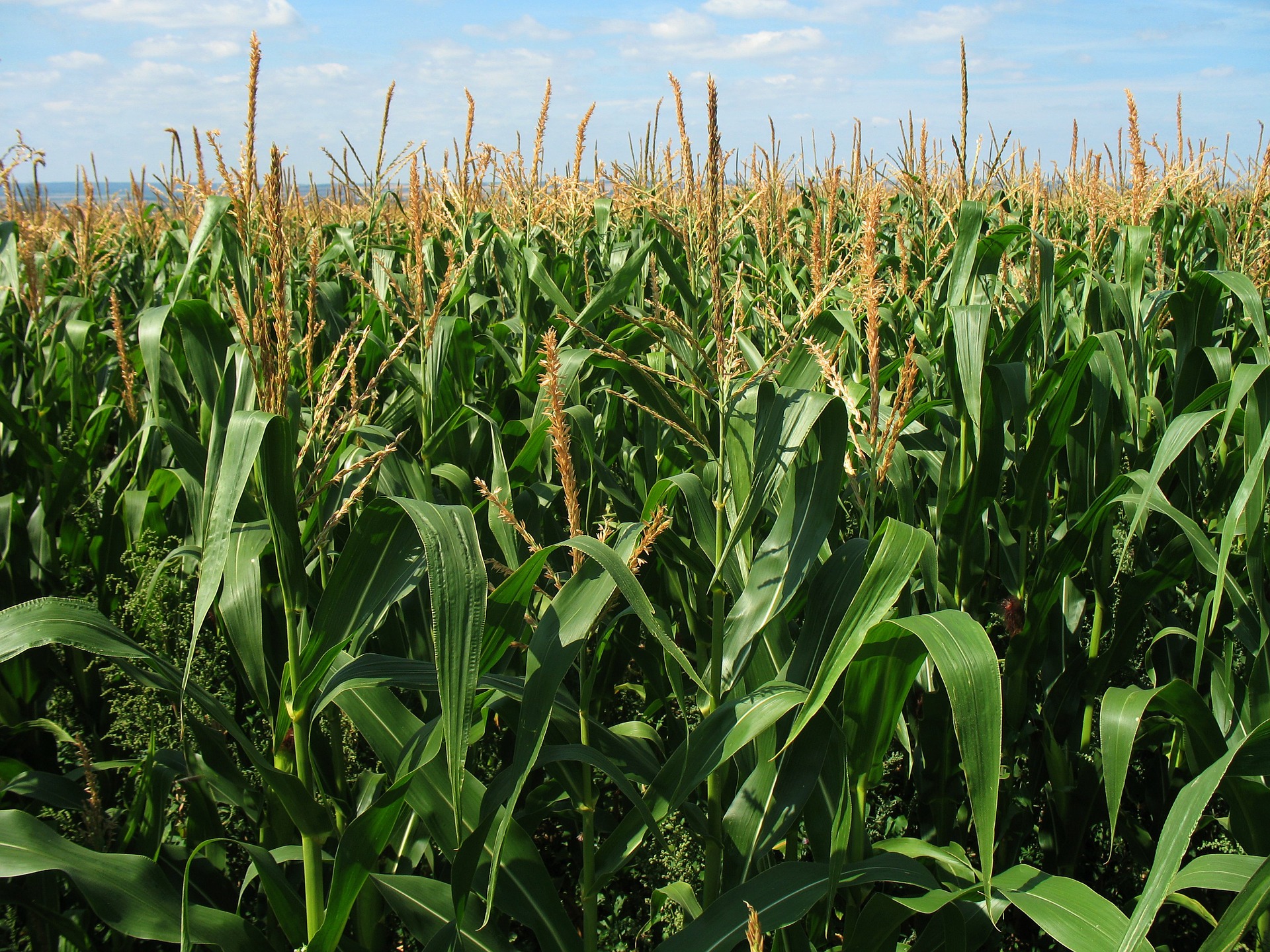
Advancing Sustainable Agriculture: An Integrative Airborne-Satellite Framework to Monitor Crop Nitrogen Status in the U.S. Corn Belt
Nitrogen (N), a common component of agricultural fertilizer, is a necessary nutrient for crops like corn. Increased crop yields are necessary for sustaining growing national populations, but even the most efficient systems absorb only 70% of applied N.
Click here to learn more
Unabsorbed, excess nitrogen can cause significant environmental damage, specifically concerning the pollution of water systems. Sustainable nitrogen management — applying just enough N to optimize crop yield, but stopping short of harmful excess — is therefore key to addressing a host of environmental problems at the source.
This study will monitor large-scale crop nitrogen for agricultural ecosystems based on a novel, first-of-its-kind combination of traditional field measurements, electromagnetic imaging collected by airborne drones, and satellite remote sensing.
Data gathered will be specific to the U.S. Corn Belt, but when scaled up, it can provide critical information to stakeholders on a national level, and ultimately empower decision making that fosters sustainable N management and food production for all agricultural ecosystems.
The Project Team
- Kaiyu Guan, Associate Professor of Natural Resources and Environmental Sciences (NRES) and Blue Waters Professor at National Center for Supercomputing Applications (NCSA)
- Elizabeth A. Ainsworth, Adjunct Professor of Plant Biology and Crop Sciences
- Christopher Harbourt, Adjunct Professor of Agricultural and Biological Engineering
- Sheng Wang, Research Assistant Professor of NRES
- Bin Peng, Postdoc researcher at NCSA
- Yaping Cai, Postdoc researcher at NRES
PROJECT UPDATE
Summer 2021: The Foundation for Food and Agriculture Research (FFAR) granted nearly $1 million over four years for Guan and his team to carry out the research outlined for this project. Read the FFAR news release >>>
Program Background
Our research requires interdisciplinary collaboration, bringing the brightest of the bright together to solve the world’s current and future problems. We call it “actionable research” — that is, scientific progress toward real-world solutions that can have an immediate and/or lasting impact on the world we live in.
Approved by the University of Illinois Board of Trustees in December 2013, iSEE made its first funding award in 2014 for three projects. In 2015, iSEE seed-funded four projects. It has helped facilitate large research grant proposals in ensuing years, acquiring funding for projects and centers on the Illinois campus. In 2018, iSEE began offering seed funding for its Campus as a Living Laboratory program. In 2019, the Institute supported its largest class of seed-funded projects with nine total, including four that are part of Campus as a Living Lab.
Check out the 2019 iSEE-funded interdisciplinary projects >>>
